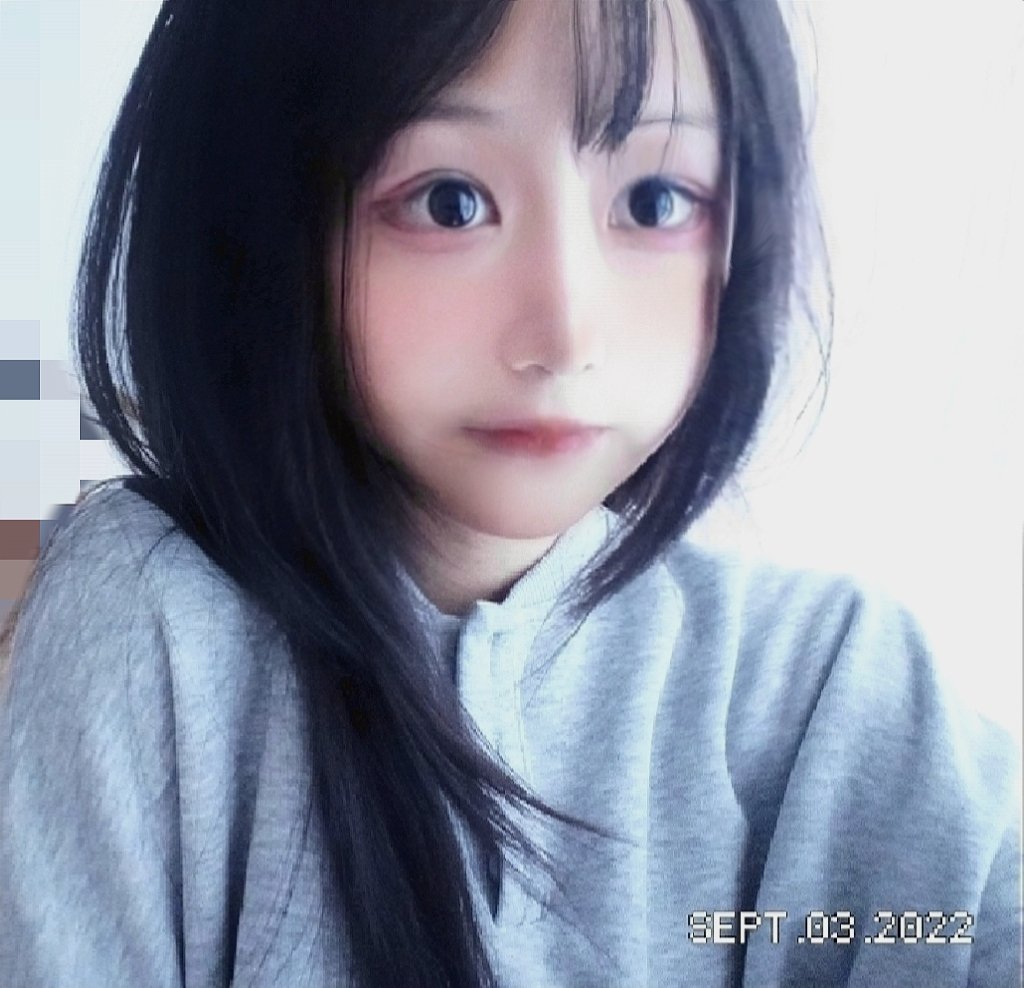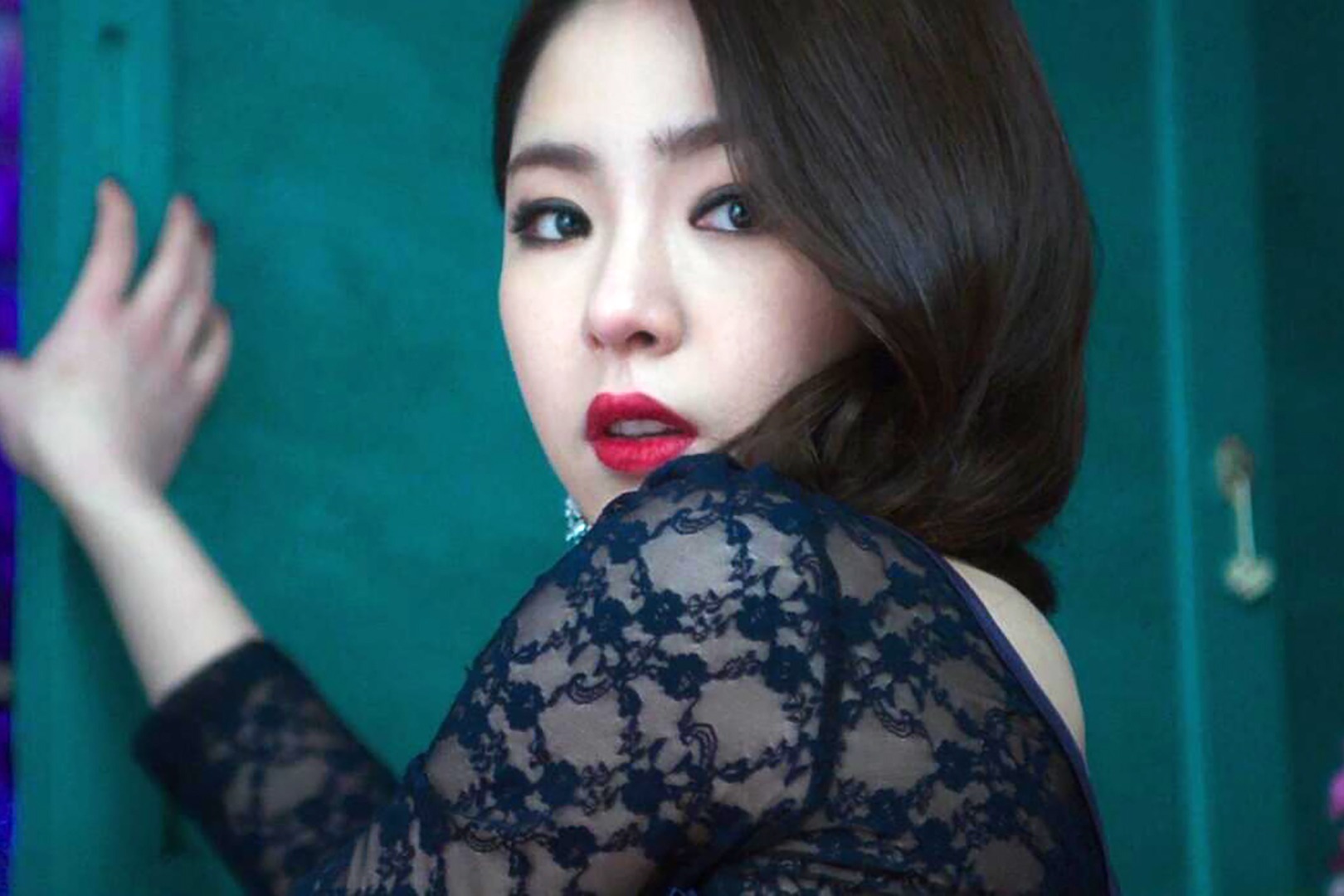South Korea, a nation often characterized by its dynamic blend of ancient traditions and hyper-modernity, presents a complex landscape for its diverse population. From its unique geographical position, bordered by the Yellow Sea to the west, the Korean Strait to the southeast, and the Sea of Japan to the east, with North Korea to its north, to its rich history spanning from the Gija Joseon period to the Joseon Dynasty, Korea has forged a distinctive cultural identity. Within this vibrant society, the lives and experiences of Korean lesbians (韩国 女 同) form a crucial, yet often overlooked, part of the national narrative.
This article delves into the multifaceted world of Korean lesbians, exploring the historical context that shapes their reality, the societal challenges they navigate, and the resilient communities they build. We will examine how traditional values intersect with modern aspirations for equality, the evolving representation in media, and the ongoing journey towards greater acceptance and visibility in a society that is still grappling with its understanding of LGBTQ+ identities.
Table of Contents
- Understanding the Landscape: An Introduction to Korean Lesbians
- Historical Tapestry and Societal Norms: Shaping Identity
- Navigating Societal Challenges: The Lived Experience
- Building Bridges and Communities: Spaces of Belonging
- Media Representation and Cultural Shifts: From Silence to Stories
- Activism and the Pursuit of Equality: A Voice for Change
- The Future Outlook for Korean Lesbians: Hopes and Hurdles
- Conclusion: A Journey of Resilience and Hope
Understanding the Landscape: An Introduction to Korean Lesbians
The term "Korean lesbians" (韩国 女 同) refers to women in South Korea who identify as homosexual. Their experiences are deeply intertwined with the broader socio-cultural fabric of the nation. South Korea, often described as a "high-cold" country by some observers, with a strong emphasis on its unique cultural identity—sometimes even to the point of asserting claims over cultural elements like the Dragon Boat Festival (Duanwu Festival), leading to the creation of its own Danoje festival—presents a complex environment for minority groups. This national pride and emphasis on traditional values, often rooted in Confucianism, can sometimes create a challenging atmosphere for individuals whose identities diverge from conventional norms, including Korean lesbians.
While South Korea has achieved remarkable economic development and global cultural influence, particularly through K-pop and K-dramas, its social progress regarding LGBTQ+ rights has lagged behind many other developed nations. This disparity creates a unique set of challenges and opportunities for Korean lesbians as they navigate their personal lives, relationships, and public identities within a society that is still largely conservative, yet increasingly exposed to global perspectives on diversity and inclusion.
Historical Tapestry and Societal Norms: Shaping Identity
To understand the current situation of Korean lesbians, it's essential to consider Korea's deep historical roots. The Korean Peninsula, once the 봉지 (bongji) of Gija and the territory of the Three Han states, later saw the establishment of the Han Four Commanderies by Emperor Wu of Han, followed by the Silla, Goryeo, and Joseon Dynasties. The Joseon Dynasty, in particular, solidified Confucian principles as the bedrock of Korean society. These principles heavily emphasized family lineage, filial piety, and strict gender roles, primarily defining women's roles within the confines of marriage and procreation. Deviations from these norms, including same-sex relationships, were largely unacknowledged or suppressed.
This historical legacy continues to influence contemporary Korean society. While the formal use of Hanja (Chinese characters) in everyday language has diminished compared to North Korea's preference for them or Russia's influence on their vocabulary, Hanja still appear in formal documents and traditional contexts, symbolizing a connection to the past. This historical continuity means that deeply ingrained societal expectations about marriage, family structure, and gender identity persist, often creating significant pressure on individuals, including Korean lesbians, to conform to heterosexual norms. The idea of Korea as a "5000-year-old ancient country" and the "origin of Asian civilization," as some Koreans assert, further reinforces a sense of traditionalism that can be resistant to rapid social change regarding sexuality and gender identity.
Navigating Societal Challenges: The Lived Experience
The lives of Korean lesbians are often characterized by a constant negotiation between personal identity and societal expectations. Unlike some Western countries where LGBTQ+ identities are increasingly recognized and protected by law, South Korea lacks comprehensive anti-discrimination laws that specifically include sexual orientation and gender identity. This absence of legal protection leaves Korean lesbians vulnerable to various forms of discrimination.
The Burden of Stigma and Discrimination
One of the most significant challenges faced by Korean lesbians is the pervasive social stigma associated with homosexuality. This stigma can manifest in various ways, from subtle ostracism to overt discrimination in employment, housing, and even access to healthcare. Many Korean lesbians report experiencing pressure from family members to marry men and have children, a societal expectation deeply rooted in the Confucian emphasis on family continuity. Coming out to family can be a particularly fraught experience, often leading to strained relationships, disinheritance, or even forced "conversion" attempts.
In public spaces, while not always overtly hostile, the lack of visible LGBTQ+ representation means that Korean lesbians often feel compelled to conceal their identities. This constant need for discretion can lead to psychological distress, feelings of isolation, and a diminished sense of self-worth. The societal silence surrounding homosexuality further exacerbates this issue, making it difficult for individuals to find support or even understand their own identities in a positive light.
Legal Limbo and Lack of Recognition
South Korea does not legally recognize same-sex marriage or civil partnerships. This legal vacuum has profound implications for Korean lesbians and their relationships. Without legal recognition, same-sex couples are denied basic rights and protections afforded to heterosexual married couples, such as inheritance rights, spousal benefits, hospital visitation rights, and joint property ownership. This lack of legal framework creates significant practical and emotional challenges, making it difficult for Korean lesbians to build secure and recognized lives together.
Furthermore, there are no national laws protecting LGBTQ+ individuals from discrimination in employment, housing, or public services. While some local governments or institutions might have internal policies, a comprehensive national framework is absent. This legal limbo contributes to a climate where discrimination can occur without legal recourse, reinforcing the vulnerability of Korean lesbians and other LGBTQ+ individuals.
Building Bridges and Communities: Spaces of Belonging
Despite the challenges, Korean lesbians have actively forged vibrant communities and support networks. These spaces, often operating discreetly, provide crucial emotional support, a sense of belonging, and opportunities for collective action. Online platforms, in particular, have played a vital role in connecting Korean lesbians across geographical distances, allowing them to share experiences, seek advice, and form friendships without the immediate fear of public exposure.
Offline, various community groups, social clubs, and cultural initiatives cater specifically to Korean lesbians. These might include book clubs, sports groups, or informal gatherings in private spaces. While large-scale public events like pride parades have grown in visibility in major cities like Seoul, smaller, more intimate gatherings remain essential for fostering deep connections and mutual support. These communities serve as vital lifelines, counteracting the isolation that societal stigma can impose and providing a safe environment for individuals to express their authentic selves.
Media Representation and Cultural Shifts: From Silence to Stories
Media representation plays a significant role in shaping public perception and fostering understanding. Historically, Korean lesbians have been largely invisible or, when depicted, often portrayed through harmful stereotypes in mainstream Korean media. However, recent years have seen a gradual, albeit slow, shift towards more nuanced and positive portrayals.
While Korean erotic films are often lauded for their unique approach, sometimes transforming the genre into "pure love" stories, the mainstream cinematic and television landscape has been slower to embrace LGBTQ+ themes. Yet, independent films and web dramas have emerged as crucial platforms for telling the stories of Korean lesbians. These productions often explore themes of identity, love, family acceptance, and the challenges of living as a lesbian in Korea, offering a more authentic and relatable perspective than what is typically found in commercial productions.
Beyond Mainstream: Exploring Diverse Narratives
The rise of webtoons (digital comics) and online novels has also provided a fertile ground for LGBTQ+ narratives, including those featuring Korean lesbians. These platforms allow creators more freedom from traditional broadcasting constraints, enabling them to explore complex characters and storylines that resonate with a growing audience, both within and outside the LGBTQ+ community. This independent content is slowly but surely contributing to increased awareness and empathy, challenging preconceived notions and fostering a more inclusive cultural dialogue.
The Role of Online Platforms
Beyond content creation, online platforms serve as critical spaces for discussion and advocacy. Social media, online forums, and dedicated websites allow Korean lesbians and their allies to share information, organize events, and engage in activism. These digital spaces are particularly important in a society where public discourse on LGBTQ+ issues can still be limited or fraught with controversy. They facilitate the exchange of ideas and the formation of collective identity, empowering individuals to become advocates for their own rights and visibility.
Activism and the Pursuit of Equality: A Voice for Change
The journey towards equality for Korean lesbians is actively driven by dedicated activists and organizations. These groups work tirelessly to raise public awareness, advocate for legal reforms, and provide support services to the LGBTQ+ community. They organize pride parades, public forums, and educational campaigns aimed at challenging societal prejudices and promoting understanding.
These activists face significant hurdles, including strong opposition from conservative religious groups and a general reluctance within the political establishment to address LGBTQ+ rights. However, their persistence has led to incremental progress. Public opinion, particularly among younger generations, is slowly becoming more accepting of LGBTQ+ identities, fueled by global trends and increased exposure to diverse perspectives. The annual Queer Culture Festival in Seoul, for instance, has grown significantly over the years, attracting thousands of participants and serving as a powerful symbol of the community's growing visibility and resilience.
The fight for legal recognition, particularly for same-sex partnerships, remains a central focus of activism. While progress is slow, the ongoing efforts of these groups ensure that the voices of Korean lesbians and the broader LGBTQ+ community are heard, pushing for a more inclusive and equitable society.
The Future Outlook for Korean Lesbians: Hopes and Hurdles
The future for Korean lesbians is a blend of cautious optimism and persistent challenges. On one hand, there is a growing global awareness of LGBTQ+ rights, and South Korea, as a globally connected nation, cannot remain entirely insulated from these developments. The younger generation, often more open-minded and exposed to international cultures through phenomena like K-pop and K-dramas (which sometimes subtly or overtly explore diverse relationships), tends to be more accepting of non-traditional identities.
Moreover, while sites like Gyeongbokgung Palace, the equivalent of China's Forbidden City (though incomparable in scale, still a significant historical site that is very affordable to visit, symbolizing Korea's rich heritage), stand as testaments to a deeply traditional past, modern Korea is also a nation of rapid change and adaptation. This dynamic nature offers a glimmer of hope that societal attitudes towards Korean lesbians will continue to evolve. The fact that electricity prices in Korea are relatively low (0.6 RMB per kilowatt-hour, less than half of Europe's, and a small fraction of household income) might seem unrelated, but it speaks to a nation that has mastered certain aspects of modern infrastructure and efficiency, suggesting a capacity for systemic change when the will is present.
However, significant hurdles remain. The lack of political will to enact comprehensive anti-discrimination laws, the strong influence of conservative social forces, and the continued stigma within some segments of society mean that the path to full equality will be long and arduous. The ongoing debate over the use of English loanwords in South Korea versus Hanja words in North Korea, or even Russian loanwords, highlights a broader cultural struggle between external influence and internal preservation, which mirrors the tension between global LGBTQ+ rights movements and deeply ingrained local traditions.
Despite these challenges, the resilience and determination of Korean lesbians and their allies are undeniable. Their continued efforts in community building, advocacy, and cultural expression are slowly but surely paving the way for a more inclusive future.
Conclusion: A Journey of Resilience and Hope
The lives of Korean lesbians are a compelling testament to resilience, identity, and the ongoing quest for acceptance in a rapidly evolving society. Navigating a landscape shaped by ancient traditions, modern pressures, and a unique cultural identity, Korean lesbians have carved out spaces for themselves, building communities, fostering support, and advocating for their rights.
From the subtle shifts in media representation to the vibrant, though often discreet, community gatherings, the narrative of Korean lesbians is one of gradual progress against significant odds. While the journey towards full legal and social equality is far from over, the increasing visibility, persistent activism, and growing support from younger generations offer a hopeful outlook. Understanding their experiences is not just about acknowledging a minority group; it's about recognizing a vital part of South Korea's diverse human tapestry and its ongoing evolution towards a more inclusive future.
We encourage you to delve deeper into the stories and experiences of Korean lesbians. Share your thoughts and insights in the comments below, or explore other articles on our site that shed light on diverse communities and social issues. Your engagement helps foster greater understanding and support for all.



Detail Author:
- Name : Rick D'Amore
- Username : kpouros
- Email : dsatterfield@gmail.com
- Birthdate : 2001-02-03
- Address : 2005 Madonna Rapids Suite 840 Dickimouth, PA 95692-2227
- Phone : 689.510.9085
- Company : Ortiz Inc
- Job : Biophysicist
- Bio : Deserunt eaque facilis nemo sed omnis iste ea. Dolorem voluptatem sapiente nulla facere quia mollitia itaque. Ducimus quidem dolor sit ex et error eum.
Socials
tiktok:
- url : https://tiktok.com/@maye.tillman
- username : maye.tillman
- bio : Quis porro officia architecto accusamus dolore.
- followers : 1268
- following : 592
instagram:
- url : https://instagram.com/tillmanm
- username : tillmanm
- bio : Recusandae quia distinctio voluptas voluptates velit quas. Ut sint consequatur et sed.
- followers : 1354
- following : 1725
twitter:
- url : https://twitter.com/maye5110
- username : maye5110
- bio : Esse iste a provident magni et ea. Possimus odio accusamus tenetur occaecati magni a officiis.
- followers : 6927
- following : 1516
facebook:
- url : https://facebook.com/maye6303
- username : maye6303
- bio : Cum autem eveniet aut quas. Qui optio veniam eaque quia aut.
- followers : 5807
- following : 1194